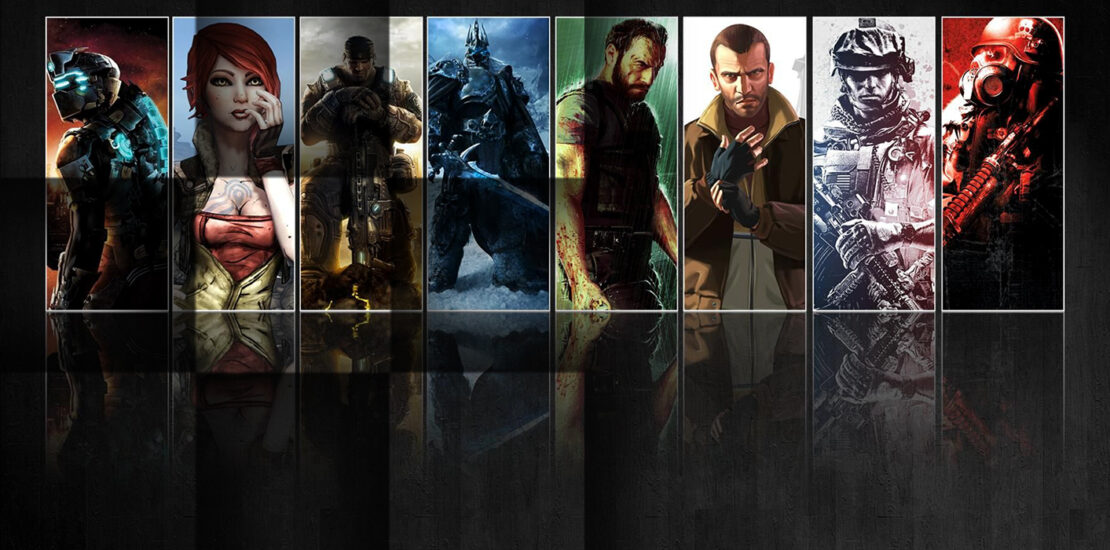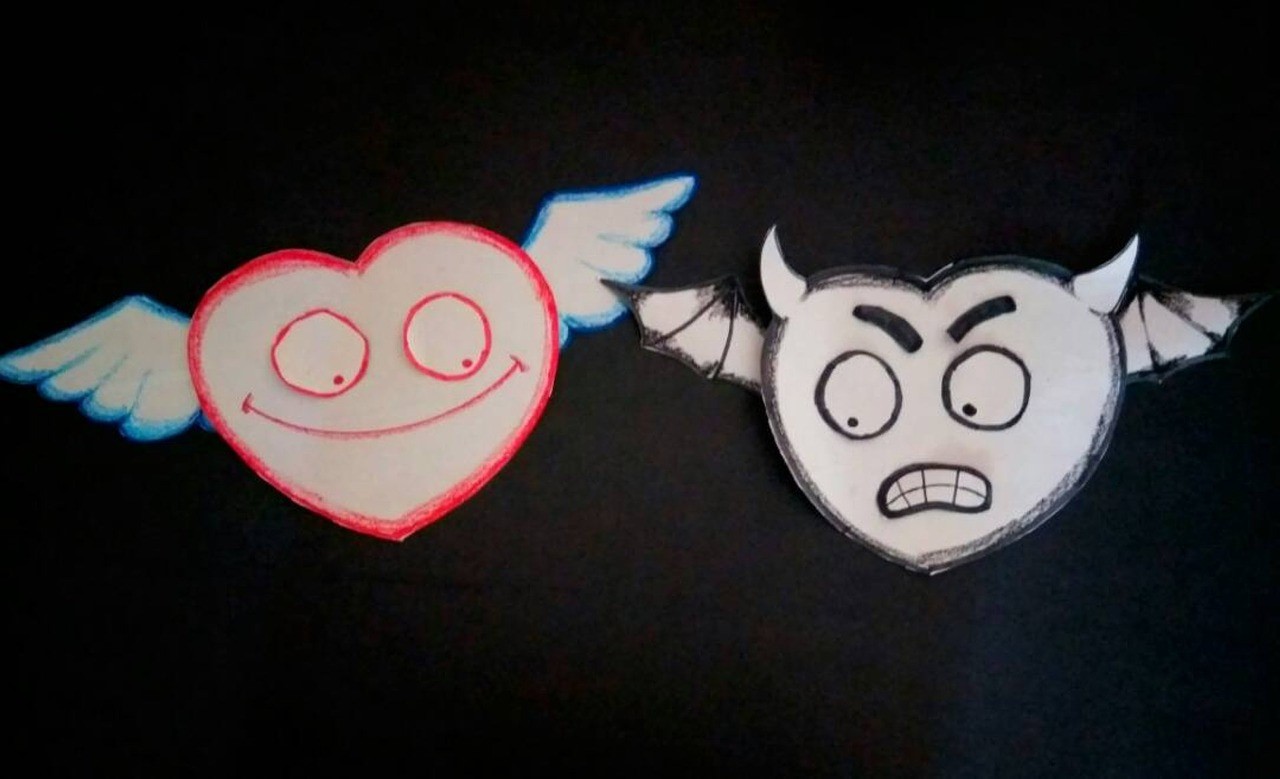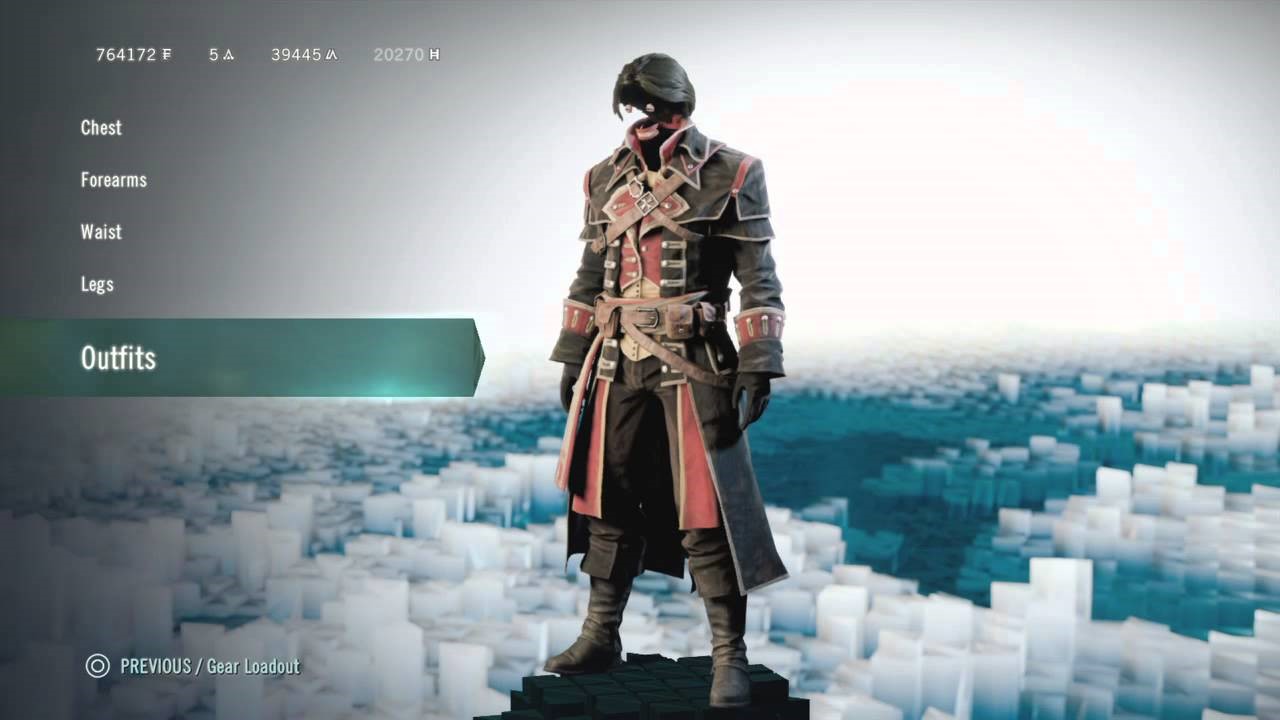- April 1, 2020
- Posted by: Ishaq Ali
- Category: Top Picks by iXie

We live in a time where science, technology and innovations have made living on this planet more comfortable than ever before. So much so that in the midst of a worldwide pandemic, we keep ourselves entertained through various forms of entertainment.
Amidst the shortage of toilet papers, savage memes, and cities under lockdown, one other trend in these times is companies giving away games for free or at heavy discounts. Games ranging from small indie projects to decent AAA titles are all part of the mix.
This is quite heart-warming to see and puts the gaming industry in a good light.
But if you put on your ‘money’ hat, you may wonder if these sales and giveaways were part of some of these companies’ plans to begin with, regardless of the current global situation. This may sound a bit rude, but such is the aggression embraced by game publishing companies that they lay out plans for such kind of sales far in advance in order to meet fiscal targets.
Any product on earth that goes through a large-scale production has two sides to them. Production and Marketing. And in most cases, these two entities go hand in hand leading to the success of the product in the market.

However, the same cannot be said in the world of Films and Videogames. We have seen various examples of a movie being ruined due to corporate meddling and the creative team not having the freedom to create what they envisioned. But this duality between the creators and the ones who fund them is far more evident and rampant in the videogame industry. When we take a step back look at the broader spectrum, we can understand why this dualism is so blatant in the games industry.

Like any product, creating and selling a videogame are two different things. One requires a keen creative eye, while the other needs a business-minded figure that is well versed with the various markets and trends.
These two qualities usually do not manifest side by side on most individuals. While the industry has seen some creative geniuses, who have also been financial gurus, they are few and far between. Mostly because there are various points of conflict between the two facets, particularly in the setting of creating a videogame. But one does require the other for the game to be critically and financially successful so that it makes way for more creative opportunities.
The creative process of a videogame is a marriage of Concept, Programming, Music and Art visualized by the team. The team remains committed to the original idea with a strong focus on creating the game as close to the visualised concept as possible.
In the current day and age, the creators involve the gaming community to take inputs so they can make a game that resonates with the player base. From the player’s point of view, this, in turn, have them be even more a part of the project than just spending a few hours with it.
All of this said, the above mostly happens with smaller-scale titles made by small studios and sometimes lone individuals and not the big AAA games. The big games follow a similar path but with a different set of rules which are dictated by the publisher.

The publishing company usually takes a route where market trends take top priority. While they encourage concepts for big games and supply finances to facilitate the team with the resource to build those games, there have been various examples of companies restricting developers to genres that are trending and thus restricting artistic freedom.
And within these genres, they tend to implement mechanics that are shoehorned and effect the core idea of the game. Shadow of War is a good example of this.
The game was a mess because of Videogame monetization methods being implemented to the very core of the game’s mechanics. The game was later removed of all such elements and balanced out to reflect what would probably have been what the creators originally intended.
This made it a much better game. But the game’s reputation was tarnished during the release, which is when a game typically gains the bulk of its user base. So, the damage remains done, which is a shame for such an excellent game.
We can add so examples to this list like, Star Wars Battlefront 2, all of the recent NBA 2K games (which still have microtransactions in it) etc, but you get the point. With the above set of issues, there is the ever-present pressure of finishing the game to meet fiscal deadlines, which once again results in unfinished messes like Assassins Creed Unity, and more recently WWE 2K20.

The rift between the two sides sometimes damages the end product and the creators to an irredeemable degree. Many creators and studios who were once revelled for their games have been the face of controversy over questionable game mechanics that were aimed squarely at the interest of what the publishing company wants to achieve.
And in most cases, these mechanics would not have been part of the creators’ vision for the game. But the disruption doesn’t stop there.
Publishers like EA have a reputation of buying out studios only to close them when they see that it makes financial sense to the company. This is justified from a business point of view, taking into account that they are answerable to the stakeholders. And in most cases, the resources from the dissolved studios have been utilised in the company’s various other projects, with few instances of layoffs.

But the fact remains that a group of people who were part of a creative team, which EA once saw potential in, have now been dismantled and the inherent creativity that existed in the team is now lost.
There are various examples like this by various companies if we turn the pages of history. And the truth is that publishing companies are a necessity for the creative process of a videogame to run its course and engage with the player.

But all is not bleak and sombre.
The gaming community is one of the most outspoken communities out there. Big companies have started to take note and have realised that their reputation is as equally important as the dollars they make. EA which once cancelled an Amy Hennig led single-player Star Wars title in favour of making a multiplayer live service game, has now made up for it with Star wars Jedi: Fallen Order.
Ubisoft who once released the unfinished Assassin’s Creed Unity to meet the release deadline is now willing to take a year’s break in order to put out a better product. Then we have companies like Sony and Microsoft, who provide complete creative freedom for their studios’ project while funding the game.
With the process of making a game-changing with time, and the industry trends changing alongside, who knows how the future of creators is going to be. It is good to see that companies are learning from their mistakes and that gives hope. Hope that someday the creatives and corporates work like a well-oiled machine and produce even more excellent games that will have us talking for years to come. It may sound cliché, but it is something that the industry needs right now.
At iXie gaming, we have worked on several titles over the years and have vast experience in various traditional game testing methods and unconventional methods such as Ad-hoc and destructive testing. We would love to hear more about your game in the comment section.
